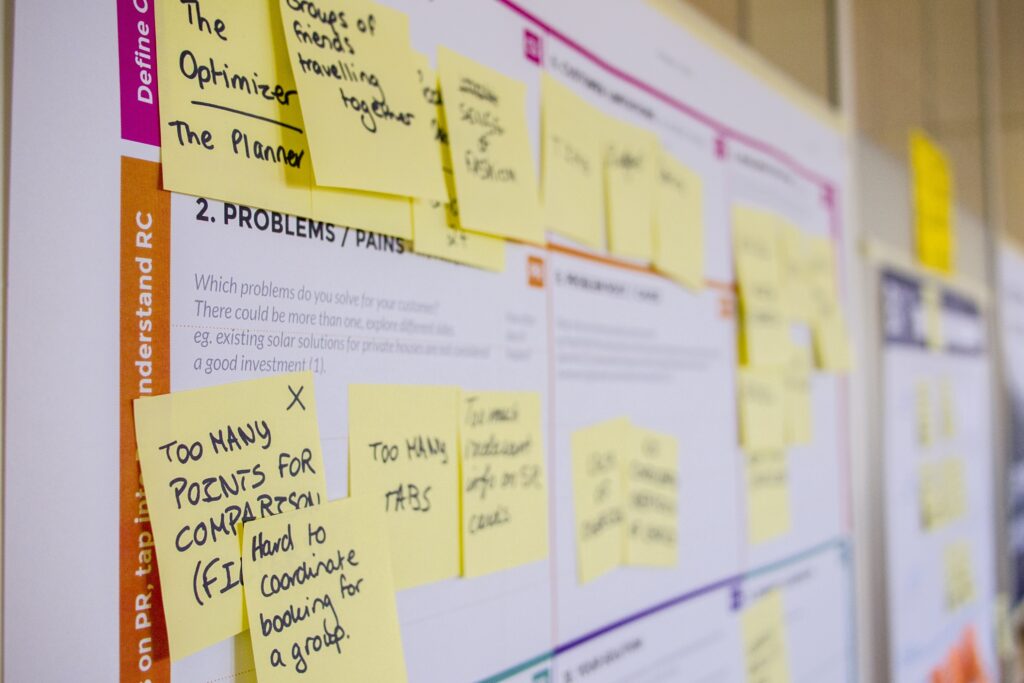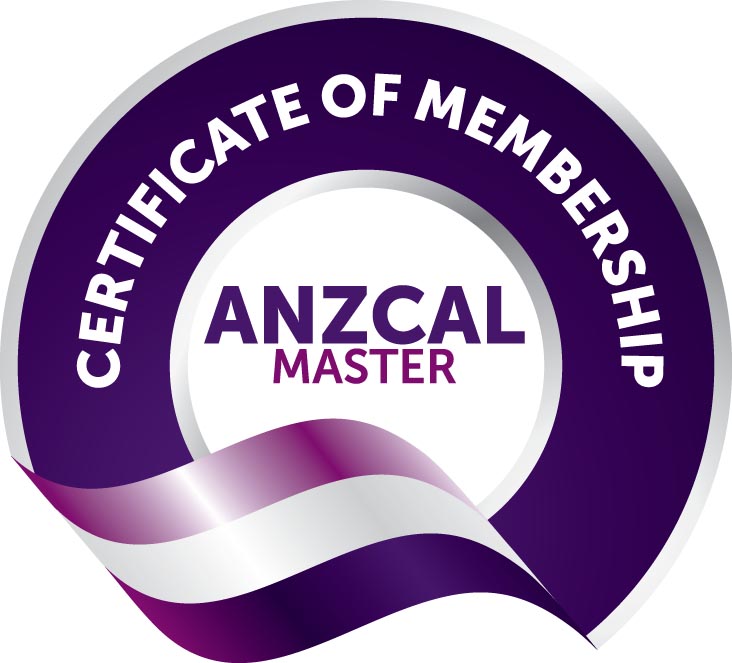Collaboration and consensus decision-making is easier within smaller groups of teachers. It is still important, however, that ECE leaders develop their problem-solving expertise and become skilled in facilitating discussions and encouraging participation in the formulation of workable solutions to complex problems (Robinson, et al, 2009).
Solving complex problems requires a combination of analytical thinking, creativity, and effective strategies. Here are five strategies to help you tackle complex problems more effectively:
1. Break the Problem into Smaller Parts:
Complex problems can be overwhelming if you try to tackle them all at once. Break the problem down into smaller, more manageable sub-problems or components. This process, known as decomposition, allows you to focus on one aspect at a time, making it easier to analyze and solve each part individually. Once you’ve solved the smaller components, you can integrate their solutions to address the overall problem.
2. Use Critical Thinking and Analysis:
Employ critical thinking skills to analyze the problem thoroughly. Ask questions, gather relevant data, and evaluate information objectively. Identify assumptions, biases, and potential misconceptions that might be clouding your judgment. Critical thinking helps you understand the problem’s underlying causes and constraints, which is crucial for devising effective solutions.
3. Seek Diverse Perspectives:
Complex problems often benefit from diverse perspectives and expertise. Collaborate with others who have different backgrounds, experiences, and viewpoints. Brainstorming with a diverse team can lead to innovative solutions and help identify blind spots you might have missed on your own. Encourage open and constructive communication to leverage the collective intelligence of the group.
4. Experiment and Reiterate:
Don’t be afraid to experiment and test potential solutions. Complex problems may not have clear-cut answers, so it’s essential to be flexible and open to learning from trial and error. Start with a hypothesis, implement a solution or approach, gather feedback, and adjust as needed. The reiterative process allows you to refine your strategies and improve your problem-solving over time.
5. Utilize Problem-Solving Frameworks:
There are various problem-solving frameworks and methodologies available, such as the scientific method, the Six Sigma DMAIC (Define, Measure, Analyze, Improve, Control) process, or design thinking. Choose a framework that aligns with the nature of the problem and apply its principles to guide your problem-solving process. These frameworks provide structured approaches to analyze, solve, and implement solutions systematically.
In addition to these five strategies, remember that patience and persistence are crucial when dealing with complex problems. It may take time to arrive at a satisfactory solution, and setbacks are part of the process. Continue to learn and adapt as you work through the problem, and don’t be discouraged by challenges along the way.
© Gaynor Clarke, September 2023
Gaynor Clarke
B.Ed (Teaching), Cert Tertiary Teaching, PGDip Ed, MEd Leadership
Reach. Teach. Lead.
Reach Education Ltd
Teacher Leadership Mentoring and Life Coaching. Personal and Professional Development.
Gaynor is a teacher educator and mentor facilitating personal & professional leadership wellbeing outcomes for teachers.
If you are an early childhood teacher or leader looking to enhance your leadership skills, I would love to work with you. As a leadership mentor and coach, I specialize in helping early childhood educators develop their leadership potential and make a positive impact for the ākonga they serve. If you are interested in learning more about my leadership mentoring services, please visit my website or contact me directly to schedule a consultation. I would love to work with you!
Reference
Robinson, V., Hohepa, M., & Lloyd, C. (2009). School leadership and student outcomes: Identifying what works and why. Best evidence synthesis iteration. Wellington, New Zealand: Ministry of Education.








Leave a Comment
You must be logged in to post a comment.